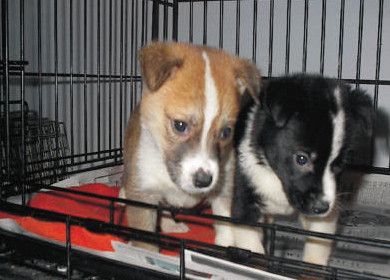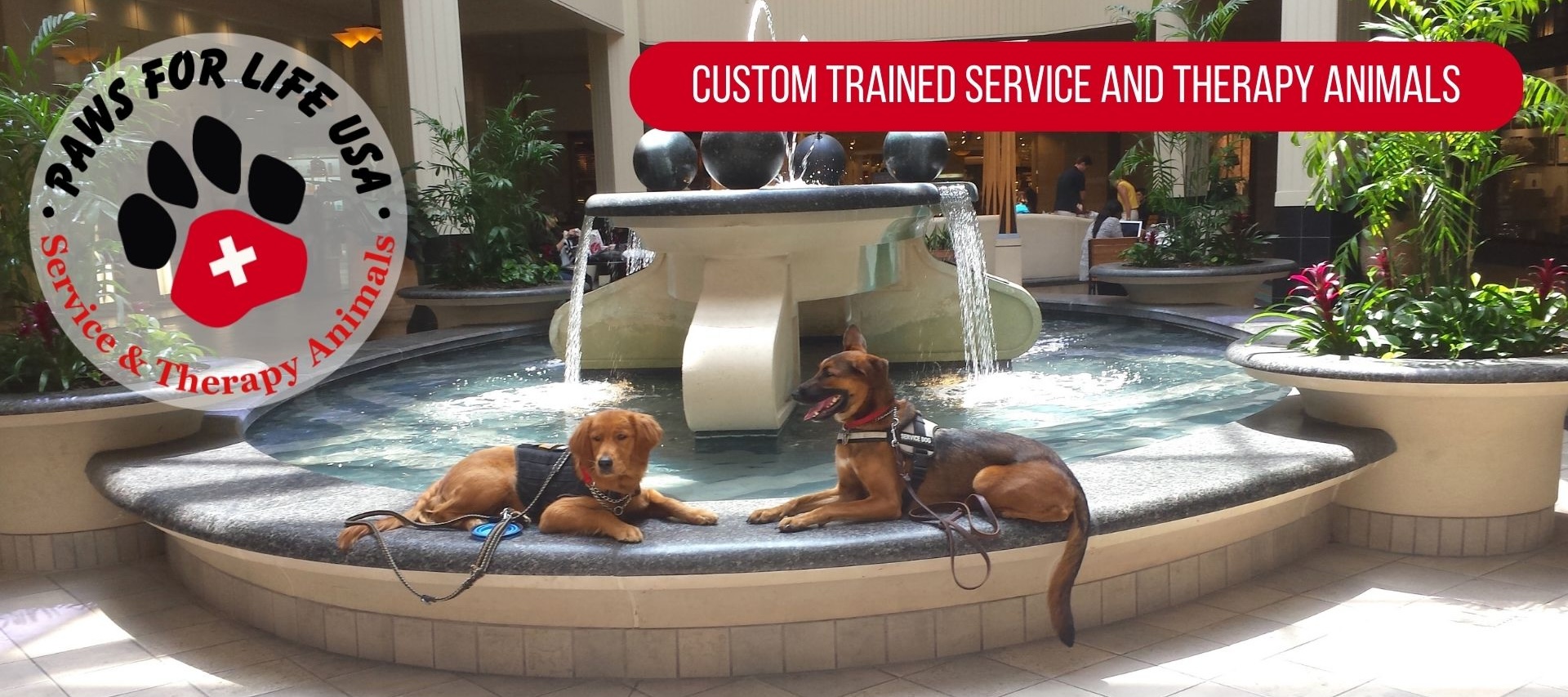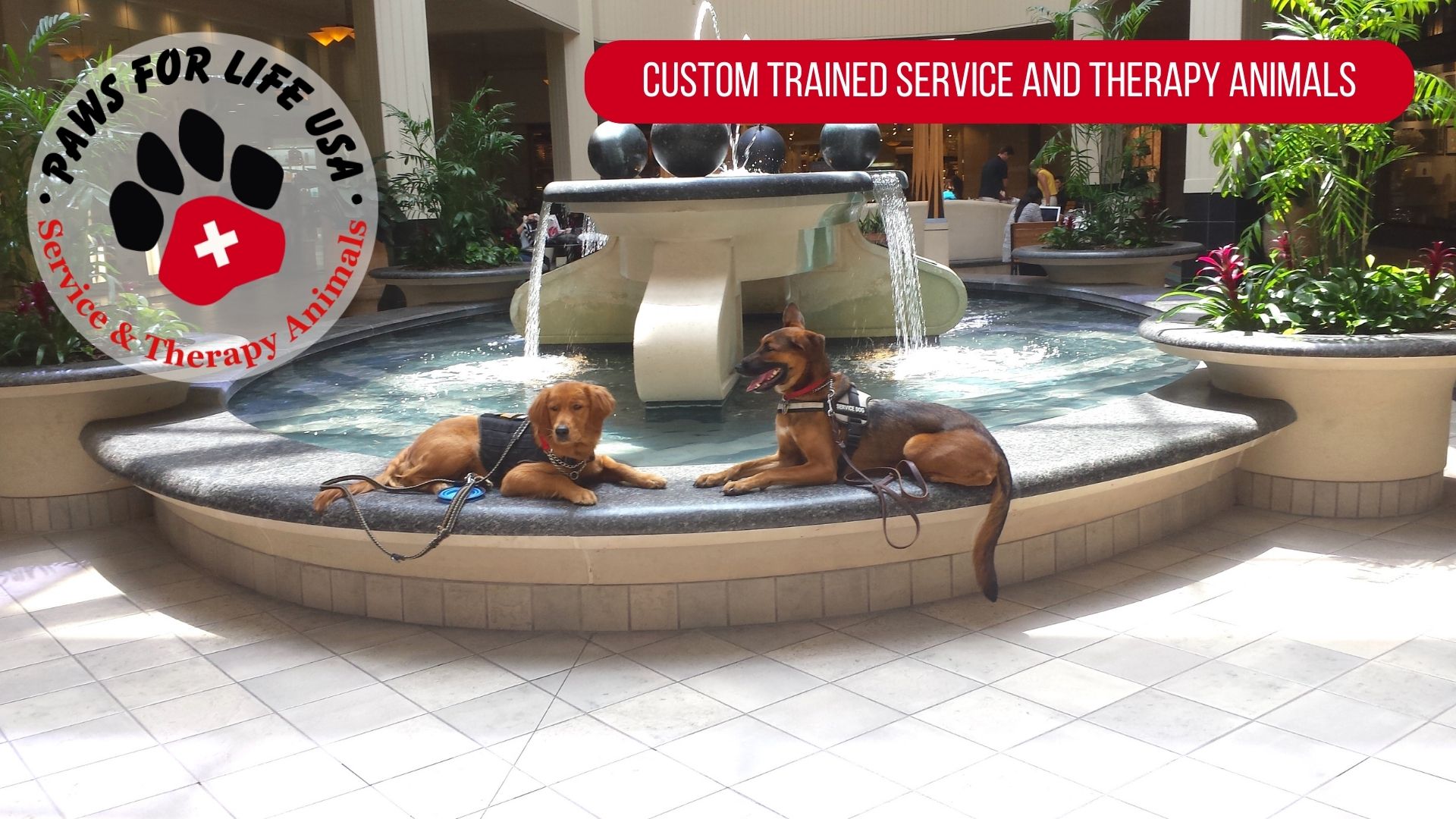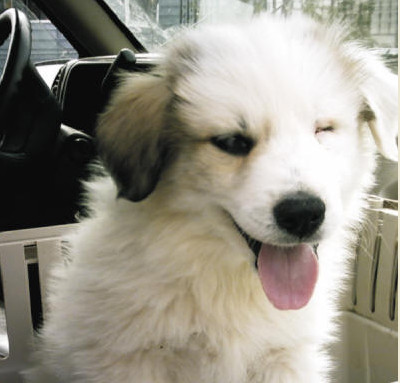Ways to Help Reduce Numbers of Dogs and Cats Killed at Atlanta Area Shelters
Every year in Atlanta, approximately 70% of the dogs and cats that enter Atlanta area shelters are killed. This number is around 90,000 dogs and cats per year. It isn’t the shelters fault that the animals are being killed — what else are they supposed to do with that many unwanted animals?
In order to reduce this overwhelming number, there are many things that you can do to help.
1. Keep an ID tag on your dog and cat AT ALL TIMES. The majority of dogs and cats that enter Atlanta area shelters are stray ones, not guardian turn-ins. And every dog or cat that enters an already overcrowded animal shelter means that one has to go out to make space…usually by euthanasia. Even the most responsible pet guardian experiences circumstances that cause their pets to become lost and even pets that are inside dogs or cats or who have never gotten out of the yard or wandered, will one day smell, see or hear something that will cause them to roam. Unfortunately, without an ID tag only 2.1% of cats and 16% of dogs are reunited with their guardians. If a pet has an ID tag, then they are reunited 90% of the time. ID tags should be kept on dogs AND ESPECIALLY cats. Microchips are also an excellent idea to use as a backup method however several large shelters in Atlanta do not scan for chips.
2. Spay/neuter all of your pets by age 6 months. Many people plan to spay/neuter, but don’t do it early enough…they do it after the first accidental litter. Do it BEFORE the pet’s first heat and before the male dog or cat has hit adolescence. Spaying before the first heat almost eliminates the chance of getting mammary cancer and neutering will prevent many bad habits which occur in male dogs like marking or roaming in order to find females. Plus, it will prevent more unwanted litters from being born.  Even if you find homes for all of the puppies or kittens you produce, those homes could have adopted a puppy or kitten from a shelter instead. And if you don’t ensure that the puppies or kittens are spayed or neutered before they go into a new home, you are increasing the odds that the cycle of pet overpopulation will occur again. If you can’t afford to spay/neuter your dog, there are many low cost spay/neuter resources available in Atlanta.
Even if you find homes for all of the puppies or kittens you produce, those homes could have adopted a puppy or kitten from a shelter instead. And if you don’t ensure that the puppies or kittens are spayed or neutered before they go into a new home, you are increasing the odds that the cycle of pet overpopulation will occur again. If you can’t afford to spay/neuter your dog, there are many low cost spay/neuter resources available in Atlanta.
3. Do not breed your dog just because it is a purebred with papers or because it has championship lines. Papers are a dime a dozen and almost all purebreds have some champions in their lines — it doesn’t mean that your dog should be bred. Leave breeding to the dedicated professionals who are members of their breed clubs, who screen for genetic illnesses, who sell on spay/neuter contracts and who will take back their dogs and cats at any time in the animal’s lifetime if they are ever unwanted. Reputable breeders breed very infrequently and do so out of love of their breed, not to make lots and lots of money.
We get dogs at the rescue center with championship lines all the time. People who are breeding their pets because they want to make some extra money, because they want to duplicate their pets, because their friends want a pet like theirs or because they want to show their children the miracle of life are contributing greatly to the overpopulation problem. If you want to get a dog just like the one you have, then go back to your original breeder. If you want your children to experience “the miracle of life”, then call a local humane society or rescue group and offer to foster a pregnant mother or newborn puppies or kittens in your home.
4. Make a lifetime commitment to your pet. Before you get a pet, please realize that it will probably live for 10-15 years and that you shouldn’t get it unless you can commit to its care for that entire time. Think ahead — if you are young and probably will get married or have a family in the next 15 years, be sure to get a pet that is good with children and socialize it to children. If you are elderly, you may not be healthy enough to care for a dog in 15 years…getting a middle aged or older pet would probably be a better choice than a puppy. If you are getting a pet for your 12 year old child, please realize that your child will be going off to college and that your pet will be your complete responsibility for the majority of its life. Pets can also be expensive, so don’t get a pet unless you have the financial resources to provide it proper vet care, which can get very expensive, especially in emergencies.
5. Research what pet is best for you before you get a pet. Dogs have to be obedience trained, have to have lots of attention, have to get lots of exercise and have to be taken outside several times per day to use the bathroom. Different breeds have different needs so you need to find a good match. If you work long hours, cats can be a much better choice. Puppies need to be let outside to use the bathroom every couple of hours in order to be housebroken and adult dogs are often a better match for working people. Most dogs that are kept as outside only pets do not get enough attention and are often unhappy – thus they develop behavioral problems like constant barking, digging, roaming, etc. NEVER ever keep a dog on a chain it can actually cause dogs to become aggressive. Either leash-walk your dog or keep it in a fenced area when it is outside.
6. Adopt a Pet. The Atlanta area shelters are full of wonderful purebred and mixed breed dogs and cats that are literally DYING for a home. Consider adopting a pet from a shelter first. There are also over 100 Atlanta area rescue groups — one for every single breed of dog. These groups consist of dedicated volunteers who rescue dogs and cats from animal shelters and from people who can no longer keep them. If you are sure that you want a purebred puppy and the rescue group doesn’t have any available, then don’t use the classified ads to find a reputable breeder and certainly don’t purchase from a pet store (they get their puppies from puppy-mills, not from reputable breeders). Contact the breed club of your choice (for example: the Shetland Sheepdog Club, the Cat Fanciers Association, the Atlanta Kennel Club or Kennesaw Kennel Club) for a referral to a reputable breeder. Reputable breeders breed for good health and temperament, show their dogs and cats, take back their animals if the guardians ever decide they are not wanted and sell their pet quality puppies and kittens on *enforced* spay/neuter contracts.
7. Foster a dog or cat, volunteer or donate money or supplies. Many of the shelters and rescue groups are in need of volunteers, foster homes and donations. They need people who can drive animals to/from vets or shelters, to answer phone calls and especially to foster dogs and cats. If you would like to donate to Animals Deserve Better, Inc you can do so by making your check out to Animals Deserve Better, Inc and sending it to:
Animals Deserve Better, Inc
PO Box 72016
Marietta, GA 30007-2016
770-424-8118
We can also accept cash contributions made through PayPal by credit card or checking account debit. Make the payment to adb@AnimalsDeserveBetter.com, and be sure to specify in the memo text box what it’s for.
8. Share this information. Do not be shy about sharing this information with friends or neighbors. Many people are just not educated about the surplus pet problem in the Atlanta area. Let people know how important it is to keep ID on their dogs AND CATS at all times, to spay/neuter by age 6 months and to do research before getting a pet.
9. Contact your county commissioners. By looking at the shelter statistics you can see that some shelters in the Atlanta area have a very low adoption rate and kill almost every animal that is not reclaimed by their guardians. If you are located in one of those counties, contact your county commissioners to voice your concerns. Suggest that more money be allocated for aggressive adoption programs, public relations programs to promote adoption from the shelter, adoption counselors, spay/neuter programs, etc. Read the animal control ordinances for your county and consider becoming a member of your animal control board.
Together we can make a difference in order to reduce the numbers of dogs and cats killed in Atlanta area shelters!!!




